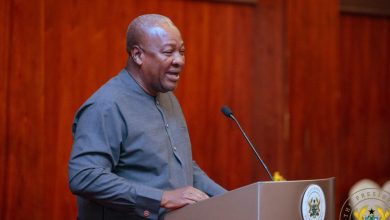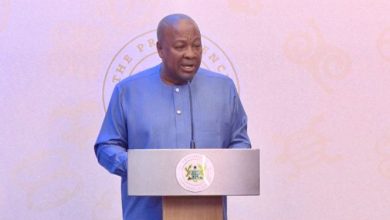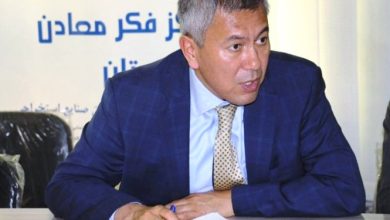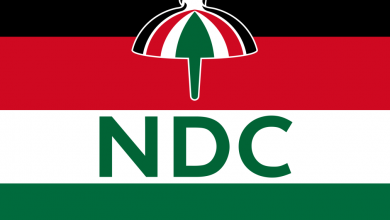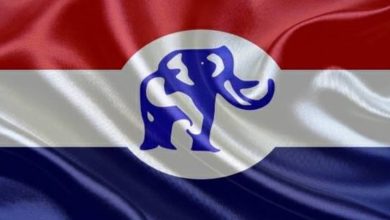Nana Addo supports burning of galamsey excavators
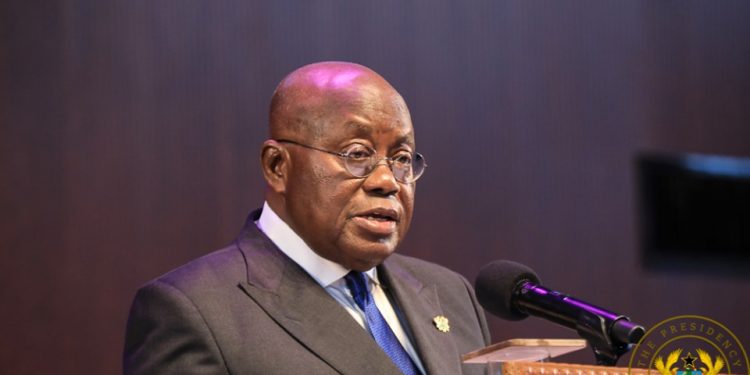
“I say, with all the emphasis at my command, that no rights can accrue to or flow from the criminal venture of galamsey. The equipment, which is being used for an illegal or criminal purpose, cannot confer on the owner or any other person any rights whatsoever.
“I appeal to all Ghanaians, including many in the Opposition who are so doing, to rally behind Government in its efforts to stamp out far-reaching illegality and criminality, rather than advocate for the protection of non-existent rights of persons caught in this evil activity.”
These were the words of the President of the Republic, Nana Addo Dankwa Akufo-Addo, on Wednesday, 26th May 2021, when he cut the sod for the construction of phase one of the Law Village Project of the Ghana School of Law.
Addressing the gathering, President Akufo-Addo indicated that there are some Ghanaians who believe that the ongoing exercise of ridding our water bodies and forest zones of harmful equipment and machinery is unlawful and, in some cases, harsh.
“I strongly disagree, and I would advise those who take a contrary view to go to court to vindicate their position, if they so wish. That is what the rule of law is all about. I should know,” he said.
According to the President, the Minerals and Mining Act, 2006 (Act 703), is the vehicle through which a mineral license is acquired, and, thus, confers mineral rights on the holder, explaining that any person who, without a valid license, conveys any equipment onto a piece of land purportedly to conduct activities for the search, reconnaissance, prospecting, exploration or mining for a mineral, commits grievous crimes against the law.
“Indeed, a person in possession of a valid license but undertakes mining in water bodies or mines unlawfully in protected forest zones also commits an illegality. Apart from the criminal violations of Act 703, the activities of such persons desecrate our environment, pollute our water bodies, and endanger the lives of present and future generations of Ghanaians,” President Akufo-Addo added.
He continued, “They are monumental crimes which should not be condoned in any shape or form.The presence of changfans in water bodies is illegal, as is the unlawful use of excavators in protected forest zones. The devastation caused by these equipment is nothing short of evil, and we should not compromise in our efforts to protect our environment, forest reserves and water bodies.”
Having sworn an oath, on 7th January, to be faithful and true to the Republic of Ghana, the President explained that the fight against galamseyis exactly what he is doing.
“And let me pause to pay tribute to the officers, men and women of the Ghana Armed Forces, who have stepped forward to perform their patriotic duties in this exercise. They deserve the loud praise of the nation,” he added.

